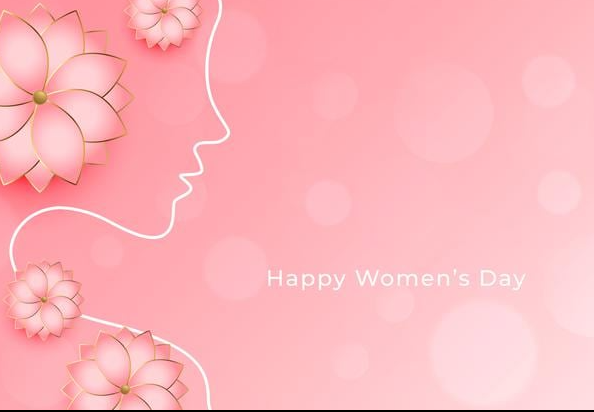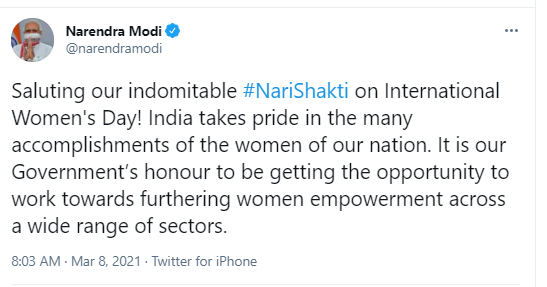International Women’s Day Message
“There is no chance for the welfare of the world unless the condition of women is improved. It is not possible for a bird to fly on only one wing.” — Swami Vivekananda
In the Vedic era, women held an exalted place in society—educated, respected, and equal to men. Thinkers like Gargi, Maitreyi, and Lopamudra shaped our scriptures, and women were revered as Shakti. But over time, this dignity eroded, giving way to discrimination and inequality.
History reminds us of India’s women achievers—Prabhavati, Razia Sultana, Rani Durgavati, poetesses Andal and Akka Mahadevi, and freedom fighters like Sarojini Naidu, Velu Nachiyar, and Matangini Hazra. In modern times too, women like Lata Mangeshkar, Kalpana Chawla, Indira Nooyi, Mary Kom, PV Sindhu, and Sushma Swaraj have shown that no barrier is insurmountable.
Yet, challenges remain—dowry deaths, gender violence, and discrimination against the girl child. Change must begin at home. Families must raise children in a gender-equal environment. Society must encourage girls to study, explore, and excel in their chosen fields. Boys must be taught from childhood to respect women.
As Babasaheb Ambedkar rightly said: “I measure the progress of a community by the degree of the progress which women have achieved.” Women’s participation as equal stakeholders in every sphere—social, political, and economic—is vital for balanced development.
This International Women’s Day, let us pledge to:
Educate, encourage, and empower women.
End all forms of violence and discrimination.
Ensure women are heard, respected, and safe.
Only then can India truly progress—with both wings of the bird flying together.


